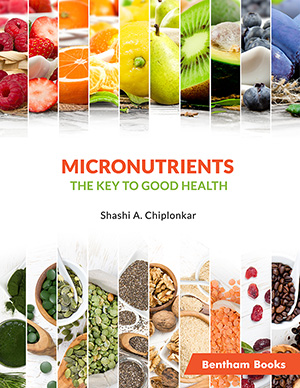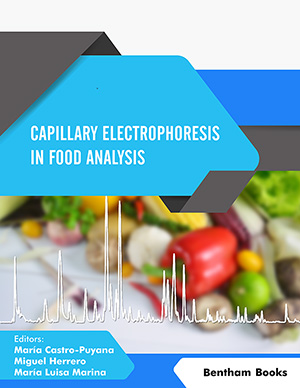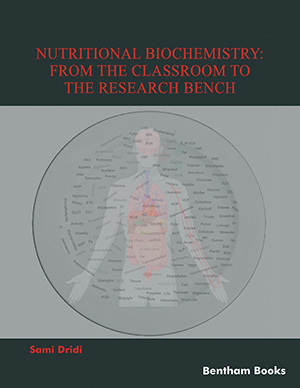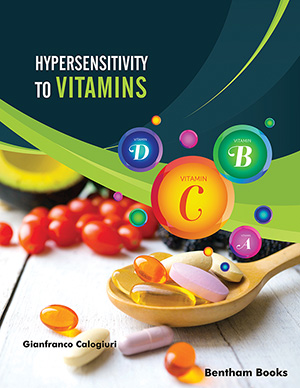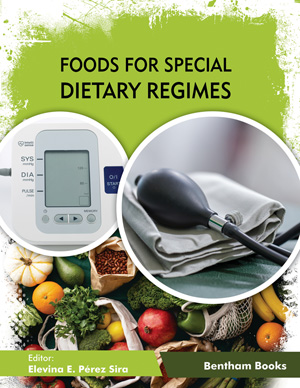
Abstract
Gut barrier integrity is important to maintain homeostasis between intraluminal contents and the sterile internal environment. Several physical and immunological mechanisms exist to support this balance. An inflammatory response may disrupt this delicate balance in the intestine and lead to intestinal barrier failure.
Ingestion of dietary lipids in high concentrations has been shown to preserve intestinal barrier integrity. Several physiological responses are elicited upon ingestion of a high-fat diet that may account for these beneficial effects. Chylomicrons are formed that can neutralize endotoxin via apolipoproteins. Furthermore, ingestion of long chain polyunsaturated fatty acids decreases production of inflammatory mediators and the expression of adhesion molecules. Next to these direct effects, dietary lipids also trigger a newly discovered neuro-immunological pathway via release of cholecystokinin (CCK). Release of CCK triggers the autonomic nervous system leading to a reduction of the inflammatory response and preservation of intestinal barrier integrity via binding of acetylcholine to specific nicotinic receptors. The inflammatory response and intestinal barrier dysfunction play an important role in a number of intestinal disorders such as inflammatory bowel disease and postoperative ileus. Manipulation of the inflammatory response and intestinal barrier integrity via administration of lipid enriched nutrition may provide a new therapeutic opportunity to reduce clinical relevant disorders such as postoperative ileus. In this review we discuss the interaction between lipid enriched nutrition, the autonomic nervous system, inflammation and the intestinal epithelial barrier.Keywords: Inflammation, gut barrier function, high-fat nutrition, vagus nerve, CCK.
Current Nutrition & Food Science
Title:High Fat Diet and Gut Barrier Function
Volume: 9 Issue: 2
Author(s): A.C. van den Heijkant, M.D.P Luyer and W.A. Buurman
Affiliation:
Keywords: Inflammation, gut barrier function, high-fat nutrition, vagus nerve, CCK.
Abstract: Gut barrier integrity is important to maintain homeostasis between intraluminal contents and the sterile internal environment. Several physical and immunological mechanisms exist to support this balance. An inflammatory response may disrupt this delicate balance in the intestine and lead to intestinal barrier failure.
Ingestion of dietary lipids in high concentrations has been shown to preserve intestinal barrier integrity. Several physiological responses are elicited upon ingestion of a high-fat diet that may account for these beneficial effects. Chylomicrons are formed that can neutralize endotoxin via apolipoproteins. Furthermore, ingestion of long chain polyunsaturated fatty acids decreases production of inflammatory mediators and the expression of adhesion molecules. Next to these direct effects, dietary lipids also trigger a newly discovered neuro-immunological pathway via release of cholecystokinin (CCK). Release of CCK triggers the autonomic nervous system leading to a reduction of the inflammatory response and preservation of intestinal barrier integrity via binding of acetylcholine to specific nicotinic receptors. The inflammatory response and intestinal barrier dysfunction play an important role in a number of intestinal disorders such as inflammatory bowel disease and postoperative ileus. Manipulation of the inflammatory response and intestinal barrier integrity via administration of lipid enriched nutrition may provide a new therapeutic opportunity to reduce clinical relevant disorders such as postoperative ileus. In this review we discuss the interaction between lipid enriched nutrition, the autonomic nervous system, inflammation and the intestinal epithelial barrier.Export Options
About this article
Cite this article as:
van den Heijkant A.C., Luyer M.D.P and Buurman W.A., High Fat Diet and Gut Barrier Function, Current Nutrition & Food Science 2013; 9 (2) . https://dx.doi.org/10.2174/1573401311309020005
| DOI https://dx.doi.org/10.2174/1573401311309020005 |
Print ISSN 1573-4013 |
| Publisher Name Bentham Science Publisher |
Online ISSN 2212-3881 |
Call for Papers in Thematic Issues
Bioactive Compounds, Functional Foods, Metabolism, and Health
Nutrition, metabolism, and their intervention strategies have become focal points of interest in the study of metabolic syndrome and health. Bioactive compounds, phytochemicals, and functional foods play crucial roles in modulating metabolic processes and improving human health. Moreover, the composition of the gut microbiome is also believed to be closely ...read more
Harnessing Bioactive Compounds from Food Waste: Sustainable Extraction Strategies and Health Applications
Food waste presents a significant challenge across the postharvest cycle, from agricultural production to distribution. However, within this waste lies a treasure trove of bioactive chemicals that hold immense potential for nutraceuticals, functional foods, and postharvest additives, including antimicrobials. Various extraction methods, such as solvent extraction (SE), supercritical fluid extraction ...read more
Natural Bioactive Compounds Derivatives in Nutraceutical and Food Science
In the last years, plants have been widely used for their numerous properties and now there is growing interest in the study of classes of compounds obtained from plant species or derived from them. The importance of these natural compounds lies in their important therapeutic purposes, and in their capability ...read more
The Core Linkage Between Probiotics Encapsulation by the Natural Phytochemicals as Health and nutritional-related Functional Products: Recent Applications
The exploration of probiotics encapsulation through natural phytochemicals has emerged as a pivotal area of research, particularly in the context of health and nutrition. Probiotics, defined as live microorganisms that confer health benefits to the host, have gained considerable attention for their role in enhancing gut health, boosting the immune ...read more
Related Journals
 12
12
- Author Guidelines
- Graphical Abstracts
- Fabricating and Stating False Information
- Research Misconduct
- Post Publication Discussions and Corrections
- Publishing Ethics and Rectitude
- Increase Visibility of Your Article
- Archiving Policies
- Peer Review Workflow
- Order Your Article Before Print
- Promote Your Article
- Manuscript Transfer Facility
- Editorial Policies
- Allegations from Whistleblowers
- Announcements
Related Articles
-
Membrane and Soluble Forms of Endoglin in Preeclampsia
Current Molecular Medicine Kv1.5 Inhibitors for Treatment of Atrial Fibrillation: A Tradeoff between Selectivity and Non-selectivity
Current Topics in Medicinal Chemistry Polyphenol Supplementation as a Complementary Medicinal Approach to Treating Inflammatory Bowel Disease
Current Medicinal Chemistry Anticoagulants in Cirrhotic Patients: Controversies and Certainties in PVT Management
Cardiovascular & Hematological Agents in Medicinal Chemistry Modulation of Platelet Function and Signaling by Flavonoids
Mini-Reviews in Medicinal Chemistry ATP-Sensitive Potassium Channels
Current Pharmaceutical Design Protective Effects of Intermedin On Cardiovascular, Pulmonary and Renal Diseases: Comparison with Adrenomedullin and CGRP
Current Protein & Peptide Science Heme Oxygenase-1: A Potential Antihypertensive Target?
Current Hypertension Reviews The Role of Heat Shock Protein 90 and Endothelial Nitric Oxide Synthase Signaling in Cardiovascular Therapy
Current Signal Transduction Therapy Studies on the Pathophysiology and Genetic Basis of Migraine
Current Genomics Hydrogen Sulfide and its Modulation in Arterial Hypertension and Atherosclerosis
Cardiovascular & Hematological Agents in Medicinal Chemistry Age-Related Changes and Effects of Mild Hypothermia on Carotid Artery Reactivity in Newborn Rats
CNS & Neurological Disorders - Drug Targets New Insights into the Mechanisms Underlying Vascular and Cardiac Effects of Urocortin
Current Vascular Pharmacology New Approaches to the Modulation of the Cyclooxygenase-2 and 5-Lipoxygenase Pathways
Current Topics in Medicinal Chemistry New Antihypertensive Drugs Under Development
Current Medicinal Chemistry The Potential of Natural Products in the Management of Cardiovascular Disease
Current Pharmaceutical Design Potential Control of Multiple Sclerosis by Cannabis and the Endocannabinoid System
CNS & Neurological Disorders - Drug Targets A Developmental Approach to Drug-induced Liver Injury in Newborns and Children
Current Medicinal Chemistry Caveolin-1: A Promising Therapeutic Target for Diverse Diseases
Current Molecular Pharmacology Overview of the Large Bowel Assessment using Magnetic Resonance Imaging: Different Techniques for Current and Emerging Clinical Applications
Current Medical Imaging

















